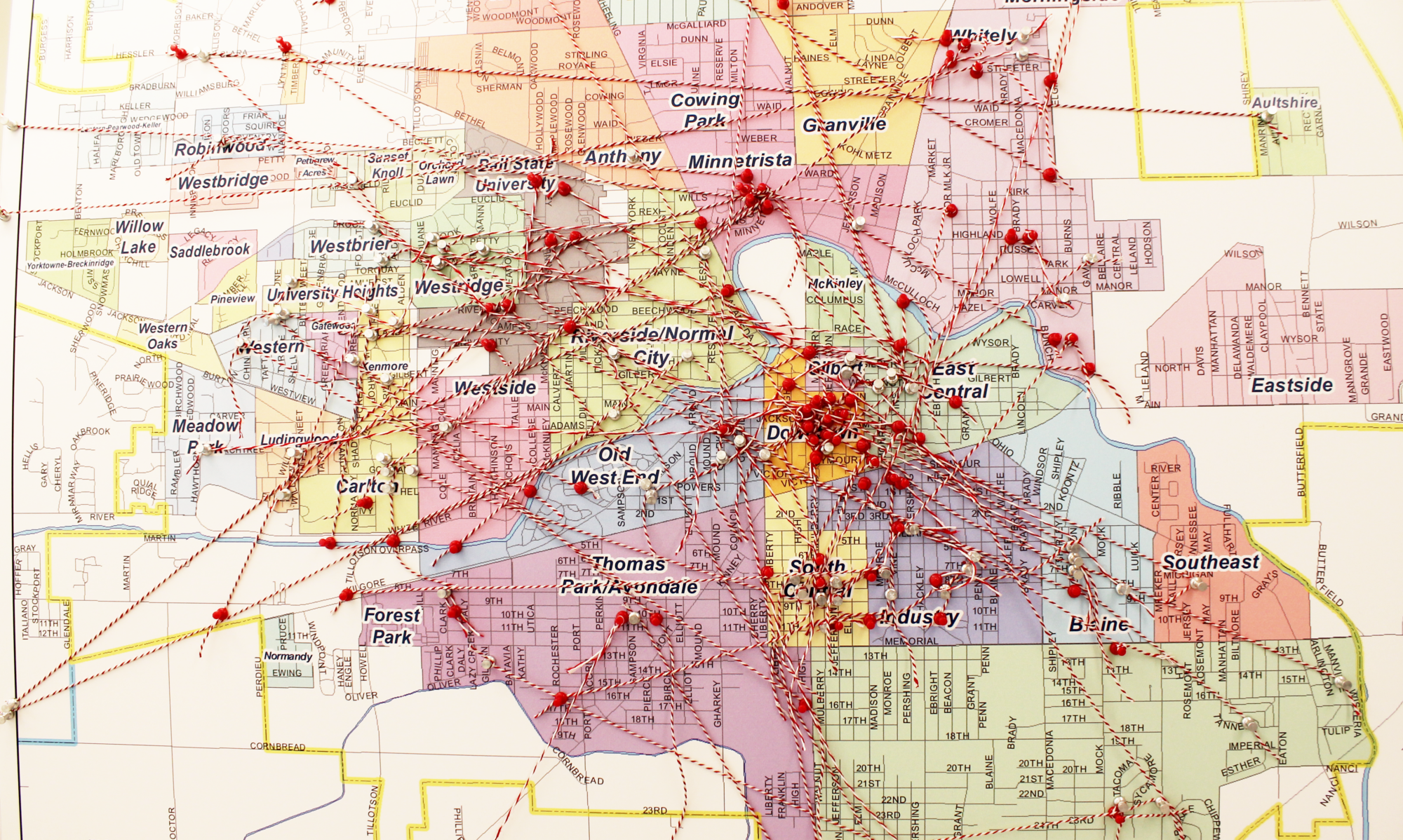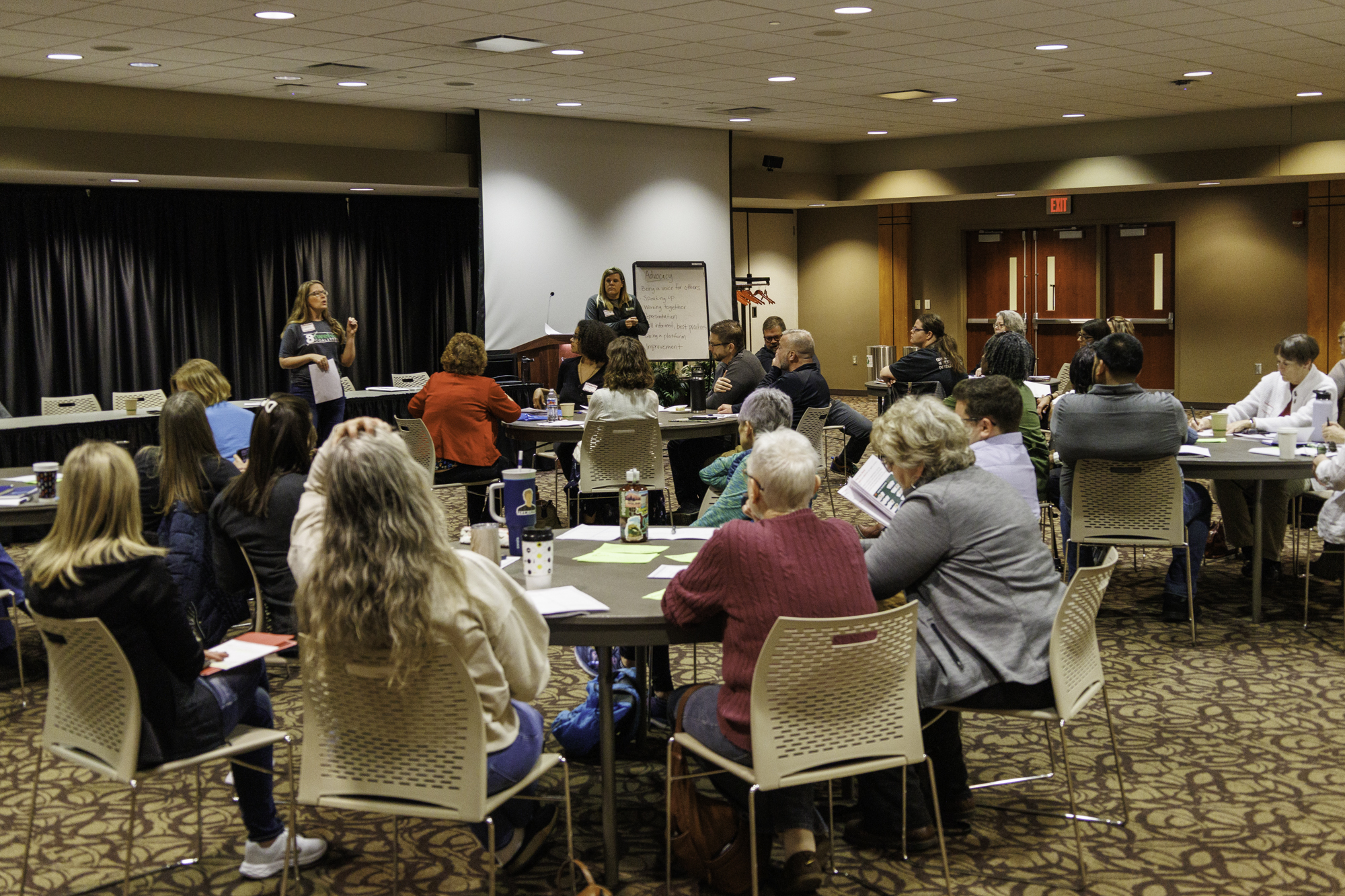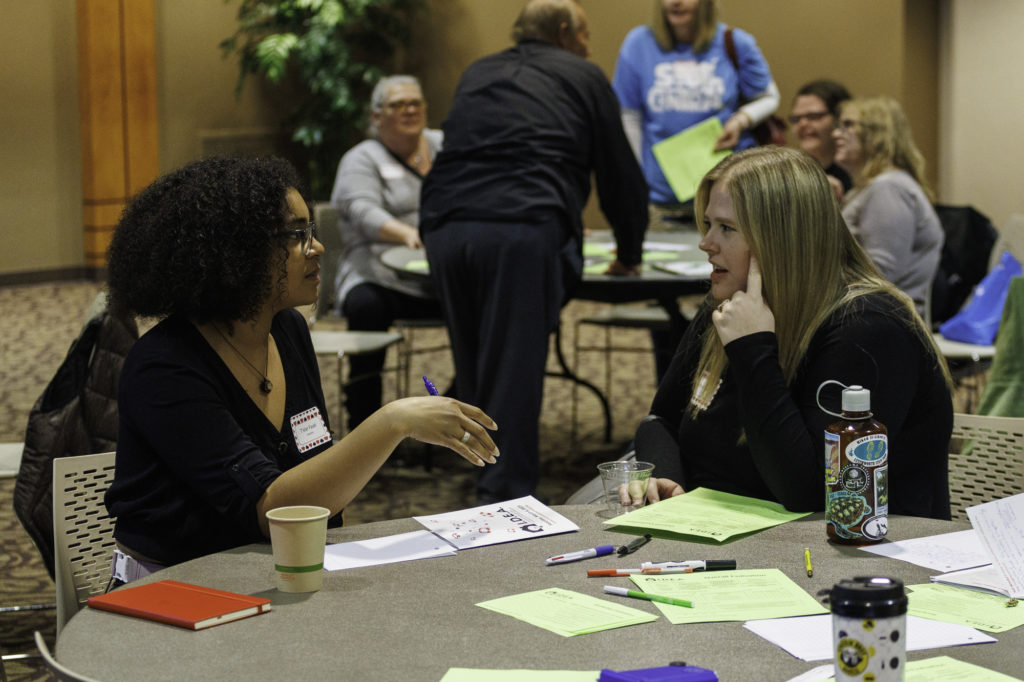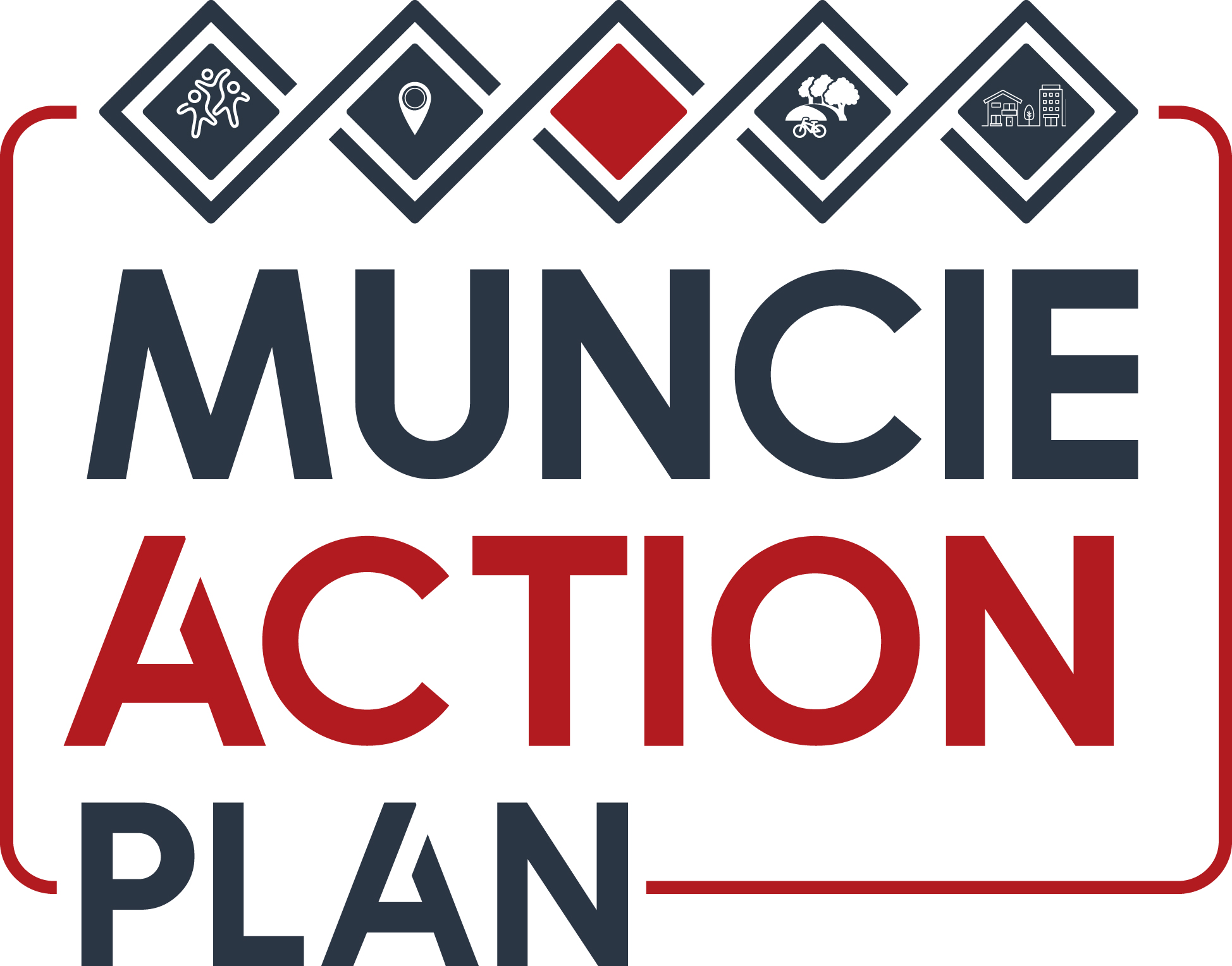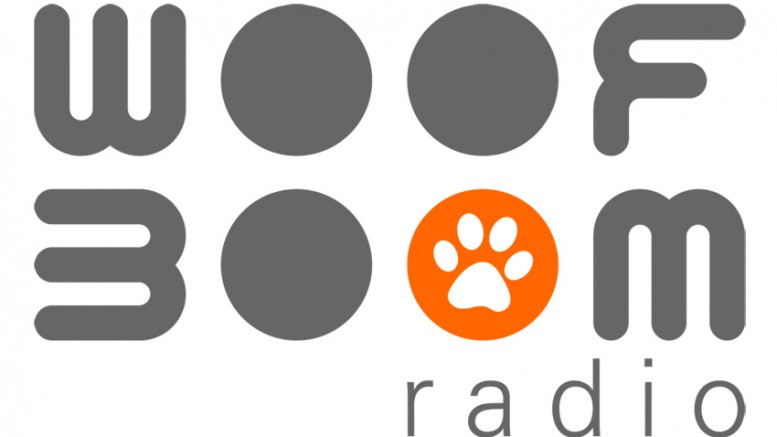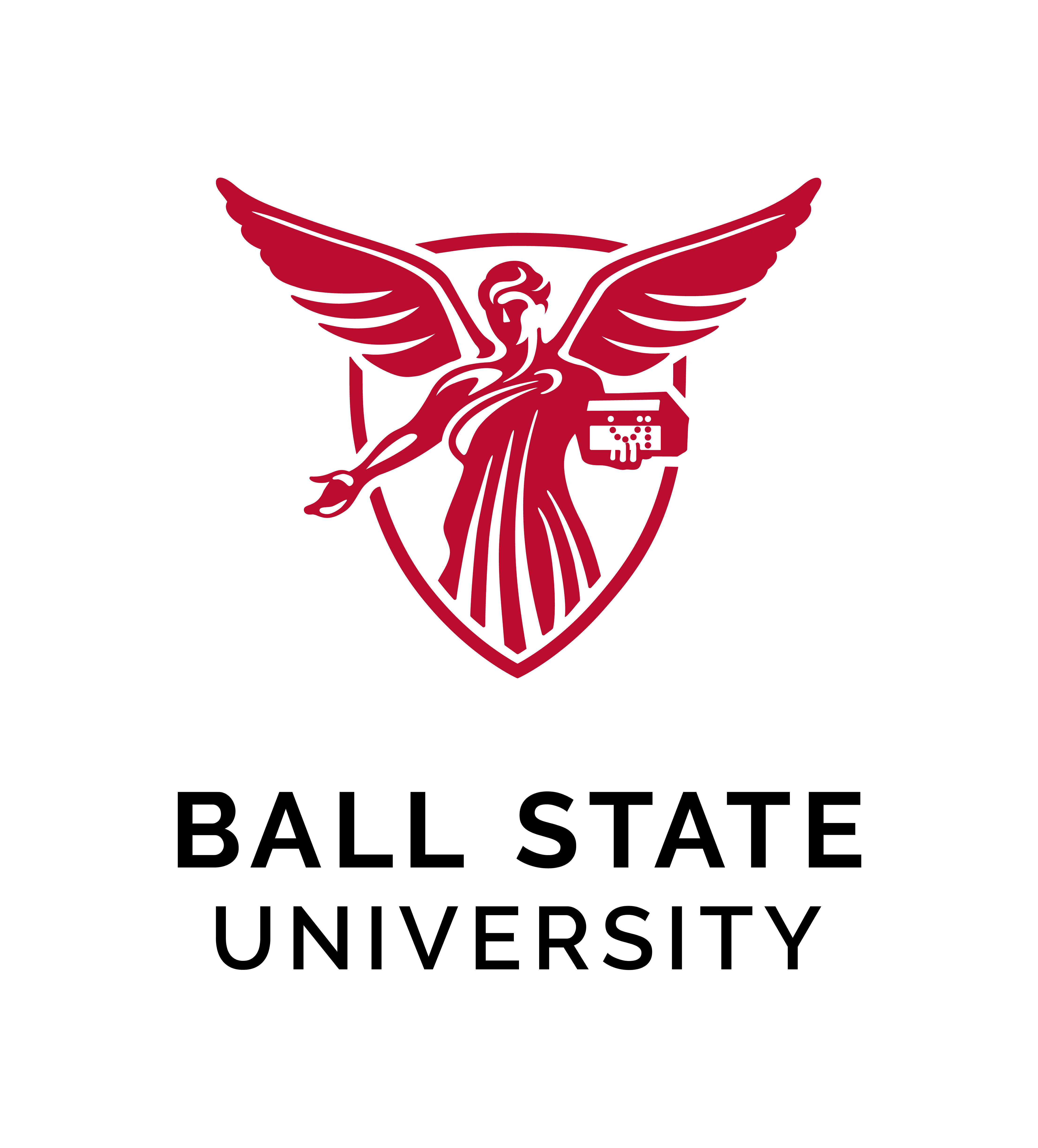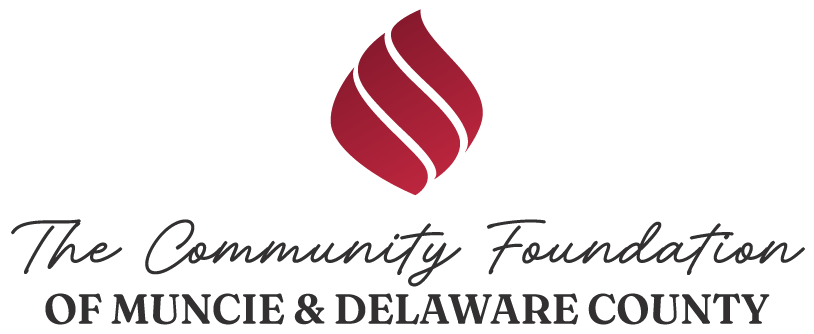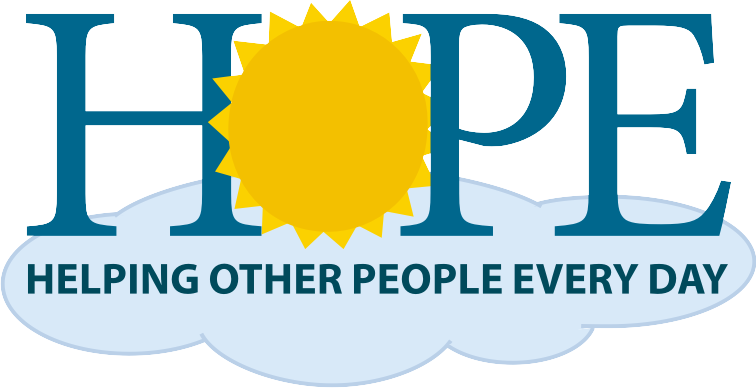When? TBA
Where? Student Center, Second Floor Ballroom
Cost? As always, it’s FREE!
Watch for info for IDEA 2025!
IDEA 2024:
The ninth annual Neighborhood I.D.E.A. Conference is scheduled for March 2, 2024 on Ball State’s campus. Over 100 of Muncie’s most active local leaders will gather to listen, learn and meet like-minded individuals to share ideas and best practices.
The theme of the conference is Intentional Development and Education (IDEA) for Association members. IDEA brings together leaders representing Muncie’s neighborhoods to develop and strengthen community-building skills. IDEA presenters will provide leadership training, share best practice strategies for grant-writing and project funding, and discuss ways to engage residents, as well as how to recruit and retain volunteers.
Schedule
| 9:00-9:30 AM | Check-in and Continental Breakfast | |
| 9:30-9:50 AM | Welcome and Introductions | |
| 10:00-10:50 AM | Session Block One | |
| Cardinal Hall A | Cradle to Career Overview | Kelsey Harrington & Kortney Zimmerman |
| Forum Room | Building a Relationship with Elected Officials | Cindy Peters |
| Cardinal Hall B | Nothing About Us Without Us: Elevating and Celebrating Community Cultural Wealth in Developing Educators and Leaders for the Future | Wilisha Scaife |
| Pineshelf Room | Building a Learning Cities Culture: The Muncie Community and Lifelong Learning | Michelle Glowacki-Dudka & Ramo Lordeni |
| 11:00-11:50 AM | Session Block Two | |
| Cardinal Hall A | AI: What it Is and How it Can Help You | Amanda Collins, April Lemen, Daniel May, and Stephen Turbe |
| Forum Room | How to Run a Meeting | Mitch Isaacs |
| Cardinal Hall B | Increasing Relationships & Resources and Decreasing Barriers | Dorica Watson |
| Pineshelf Room | Building Civic Infrastructure | John West |
| 12:00-12:50 PM | Lunch | |
| “Where will you be when the lights go out?” | Michele Owen | |
| State of the City Presentation | Mayor Ridenour | |
| 1:00-1:55 PM | Session Block Three | |
| Cardinal Hall A | Community Solar | Robert Koester |
| Forum Room | Cross-Generational Communication | Maggey Parker |
| Cardinal Hall B | Land Banking 101 & Comprehensive Community Development with an Emphasis on Land Banking | Nate Howard & Jeb Reece |
| Pineshelf Room | Ignite Generosity: Unveiling Philanthropy’s Role in Strengthening Our Community | Kallie Sulank |
| 2:00-3:00 PM | Review and Highlight ARP Projects | Heather Williams & Megan Orbin |
| 3:00-3:30 PM | Announcements |
Funding Generously Provided by:
Neighborhood Awards Sponsored by:
Questions?
Contact Krista Flynn, BSU Office of Community Engagement at kflynn@bsu.edu.
